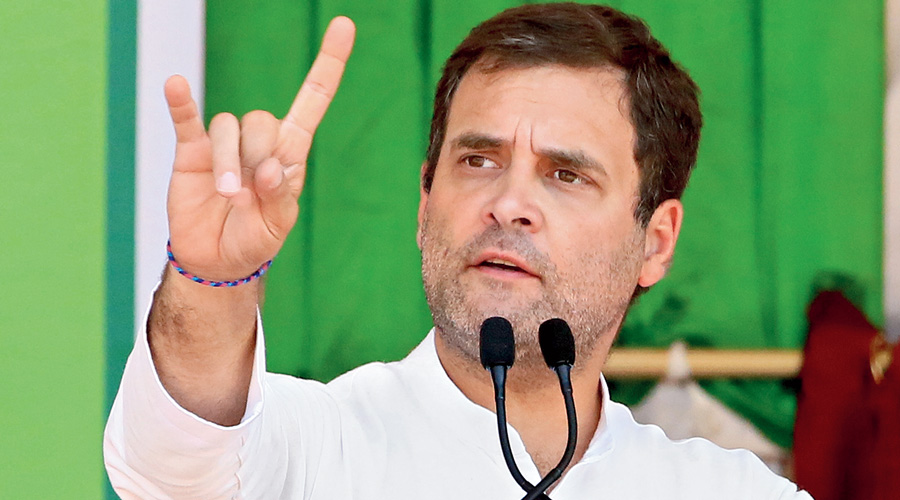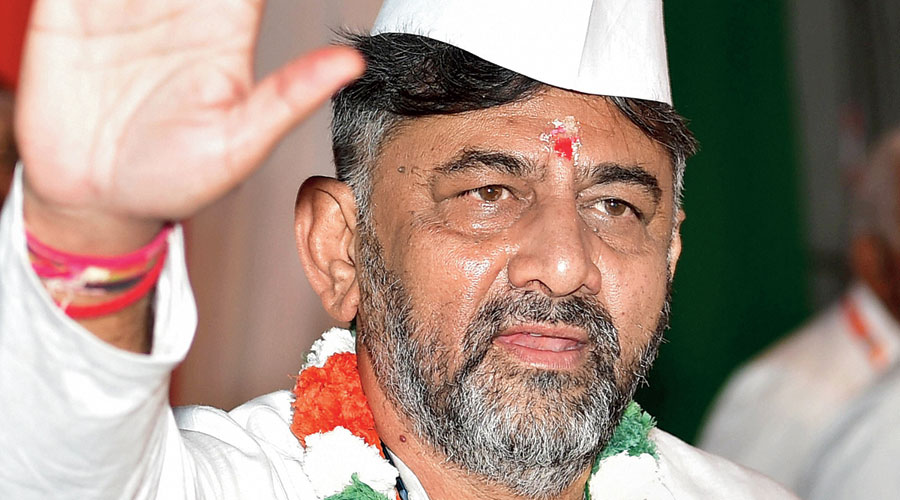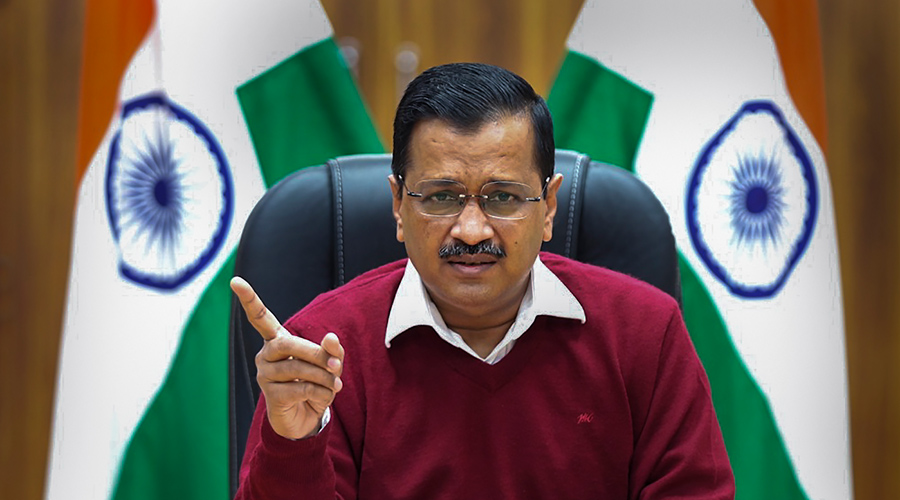This past week, the Aam Aadmi Party veered away from its play-safe policy with the Delhi chief minister, Arvind Kejriwal, slamming the Centre for the income tax raids on the media outlets, Dainik Bhaskar and Bharat Samachar. After the AAP received a drubbing in the 2019 Lok Sabha polls, Kejriwal steered clear of direct verbal attacks on the prime minister, Narendra Modi, and gradually reinvented himself as a benign urban Hindu leader of the Hindi belt. Kejriwal and most of his party have confined themselves to speaking out on issues of immediate concern in Delhi, or in states where they wish to expand. Even when the Delhi-based website, Newsclick, and its executives were raided for five days in February, the AAP kept mum. The new-found voice, said a party source, was an indication of the level of quid pro quo the party has with Dainik Bhaskar — the world’s third largest, and India’s most circulated, newspaper. The source said, “Bhaskar carried our ads as well as content, unlike Newsclick that is mostly critical of us and gives little space to our leaders.” The AAP’s selective outrage has raised uncomfortable questions even within its fold. Questions are being asked on how different the anti-corruption party is from its competitors on civil liberties, especially free speech.

Rahul Gandhi PTI
Someone’s listening
Rahul Gandhi’s office has always lived under the fear of illegal surveillance, much before the world heard of the Pegasus spyware. This suspicion of being perpetually snooped on was based on two factors: one, substantive inputs from intelligence officials who were loyal to the Congress and, two, the warning by Gujarat leaders who had briefed the party’s central leadership on the alleged style of functioning of Narendra Modi and Amit Shah. Congress leaders from Gujarat gave specific inputs about businessmen being warned within hours of conversation with them. They said it was almost impossible to escape the elaborate spying networks in Gujarat.
Rahul Gandhi and his close aides always preferred to talk on landlines and, if approached by any important caller on the mobile, promptly advised them to use landlines. Some of them asked for communication over email instead of text messages. There was an unwritten rule in the office to change passwords as frequently as possible, preferably every evening. Some of them often wondered why the government was more interested in the political operations in the Opposition camp than in the activities of nefarious outfits. Apart from information about political strategies, special focus was put on finding out which businessman was in touch with the Congress. Now that the Pegasus scandal has exploded, the party hopes that it will be taken to its logical conclusion through judicial intervention. But nobody has any hope of permanent relief from the problem.
No other side
Nagaland was witness to a significant, if debatable, political development on Monday — the principal Opposition party, the Naga People’s Front, unanimously endorsed the ‘concept of an Opposition-less government’ and decided to become a part of the ruling People’s Democratic Alliance in the ‘larger interest of the Naga people’. This interest includes facilitating an early, amicable and inclusive solution to the stalled Naga peace process. The PDA comprises the Nationalist Democratic Progressive Party and the Bharatiya Janata Party which defeated the NPF in the last assembly polls which were held in 2018. This is the second time since 2015 that the state will be having an Opposition-less assembly. The NPF headed the state government in Nagaland after eight members of the legislative assembly from the Congress switched sides.
Although a formal decision by the PDA is yet to be taken, the development has drawn criticism from the Congress which does not have a single MLA in the 60-member assembly. Questions are being raised about the progress made during the first time there was an Opposition-less assembly or whether such a practice was good for a healthy democracy. But the NPF dropped another surprise when it dubbed the PDA government’s July 17 directive — it made vaccination compulsory for its employees — ‘unreasonable and dictatorial’ in nature. It is not clear whether the criticism was a pressure tactic to elicit a positive response from the PDA or a means to convey the importance of an Opposition in a democracy, but the NPF’s stand left many flummoxed.
Bear it
On a fine day recently, Jagadanand Singh, the Bihar unit president of Lalu Prasad’s Rashtriya Janata Dal, resigned, plunging the party into a crisis. The former minister and parliamentarian was apparently piqued because a greenhorn MLA sat in his chair at the party headquarters in Patna, that too while he was present. The incident allegedly had the support of Lalu’s eldest son, the legislator, Tej Pratap Yadav, who dislikes the veteran leader. To make matters worse, Lalu, known to be a doting father, did not chastise his son.
However, all senior leaders accused Jagadanand of making a mountain out of a molehill. They reminded him of the days when Lalu would be constantly chewing paan, zarda and khaini and spitting everywhere, with drops of his spit landing on the clothes of senior leaders and IAS officers, but none of them would say anything. “Has [Jagadanand] forgotten everything and the party culture? One has to tolerate several things to remain relevant in the RJD. He has also tolerated many things,” a senior party leader said. Last heard, Lalu had not accepted the resignation.

DK Shivakumar PTI
Footnote
Collective leadership is the call in the Karnataka Congress with two heavyweights — the state unit chief, DK Shivakumar, and the leader of the Opposition, PC Siddaramaiah — pulling in different directions. The differences took the two leaders to Delhi where Rahul Gandhi urged them to work towards the 2023 state elections as a team. But the crux of the matter is Shivakumar’s ambition to become CM, since there is a feeling that the party stands a decent chance in the next election if internal differences in the BJP fester on. As the principal troubleshooter of the party, Shivakumar carries a lot of weight even in the high command.










